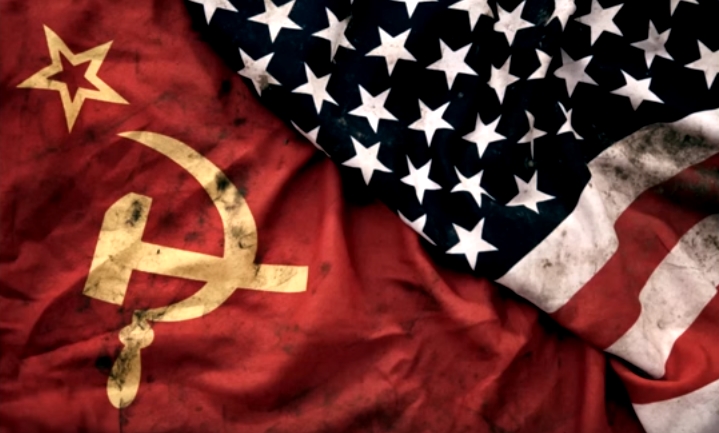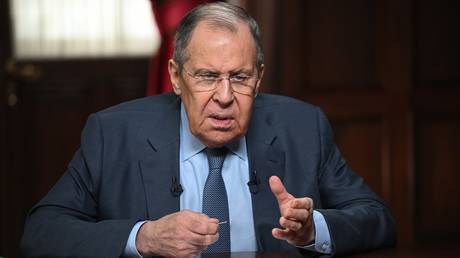Russia uses America’s own weapon against them as new oil gambit may be the key to collapsing the Western financial system
by Kenneth Schortgen, Shotgun Economics:
 For those who do not remember details of the Cold War between the U.S. and former Soviet Union, it was a combination of a military buildup under President Reagan coupled with a depressing of the price of oil that eventually led to the Communist regime’s demise. Yet like a pendulum that swings to the opposite side when there is enough inertia, just 30 years later Russia has set themselves up to use the very same weapons that were used against them in order to bring harm or even destroy the financial systems of their adversaries.
For those who do not remember details of the Cold War between the U.S. and former Soviet Union, it was a combination of a military buildup under President Reagan coupled with a depressing of the price of oil that eventually led to the Communist regime’s demise. Yet like a pendulum that swings to the opposite side when there is enough inertia, just 30 years later Russia has set themselves up to use the very same weapons that were used against them in order to bring harm or even destroy the financial systems of their adversaries.
This drop in oil price made it become much less profitable to drill new oil wells. Also, the Soviet Union was an oil exporter, and at a lower price, it earned less profit for the oil it exported. Given these headwinds, oil production stopped rising, and by 1988, began to fall. Oil production did not start rising again until the early 2000s, when oil prices began rising again and a different political system was in power. As oil production dropped in the 1988-1991 period, FSU oil exports plummeted. Given the combination of a low quantity of oil exported, and low sales price of oil exports, the FSU found itself in financial difficulty where it could not afford to pay for food imports, which it badly needed, and the country collapsed. – Oilprice.com
Fast forward 29 years.
In a move that few could see coming, Russia on Thursday voted against OPEC’s desire to reduce production and appears very ready to see the price fall even lower than Friday’s market close of $42.
OPEC needs this cut to remain relevant. The cartel is dying. It’s been dying for years, kept on life support by Russia’s willingness to trade favors to achieve other geostrategic goals. I’ve said before that OPEC production cuts are not bullish for oil just like rate cuts are not inflationary during crisis periods. But finally Russia said No. And they didn’t equivocate. They told everyone they are prepared for lower oil prices. – Gold, Goats, and Guns
Yet this move did not come in a vacuum, as Russia’s announcement comes when both the U.S. and Europe are at their most vulnerable… as in having to deal with crashing bond and equity markets, an escalating war within NATO between members Greece and Turkey, and a global pandemic labeled as the Coronavirus.
Invariably the foundation for this gambit opened itself up since OPEC was already on the way out, as seen just a few years ago when the Middle Eastern cartel willingly accepted Russian aid and guidance in what would become known as OPEC+ 1. But thanks to a number of chaotic events such as the continuing conflicts in Iraq and Syria, economic sanctions against Iran, and Qatar leaving OPEC completely last year, what was once a coalition dominated by Saudi Arabia and Iran had almost overnight shifted to one being directed from offices located in Moscow.
In addition to all of this, we cannot forget the incredible growth of America’s shale industry which by 2019 had overtaken even Russia in producing the most barrels of oil in a given day. However in doing so, the U.S. leveraged the industry way too much as bank subsidization coupled with higher production costs put America too close to the edge if prices declined too much.
Read More @ ShotgunEconomics.com
Loading...



